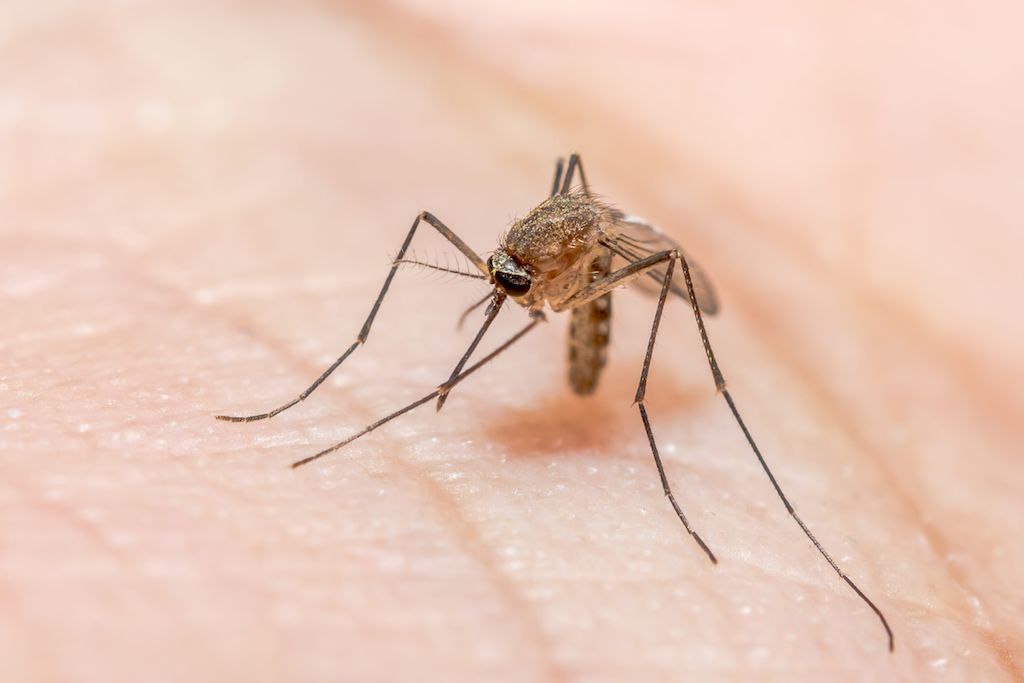Malaria: Experts urge Nigeria to prioritize long-lasting insecticidal nets
Experts in malaria intervention have advised the federal government and other stakeholders to prioritize quality long-lasting insecticidal nets (LLINs) to eliminate the disease in the country. They gave the advice during a virtual panel discussion on optimizing vector control interventions towards malaria elimination in Nigeria, organised by the Corporate Alliance on Malaria in Africa (CAMA) […]

Experts in malaria intervention have advised the federal government and other stakeholders to prioritize quality long-lasting insecticidal nets (LLINs) to eliminate the disease in the country.
They gave the advice during a virtual panel discussion on optimizing vector control interventions towards malaria elimination in Nigeria, organised by the Corporate Alliance on Malaria in Africa (CAMA) in collaboration with global health company, Vestergaard, and other partners.
Corporate Alliance on Malaria in Africa (CAMA)
The experts said it is important for the country to harness public-private partnerships and collaboration with other stakeholders to maximize the impact on malaria vector control interventions.
They said the collaboration would also help address gaps and highlight tools and innovations in vector control surveillance across Africa.
Patrick Sieyes, Head of Global Growth, Vestergaard said the cornerstone of malaria prevention was essentially vector control in the form of long-lasting insecticidal nets (LLINs) and indoor residual spraying (IRS).
He said, “Given the resource limitations, investment in the most cost-effective and basic tools, such as high-quality PBO Nets and vector control tools must be prioritized to maximize impact.
“There is a need for more industry collaboration to achieve the goal of malaria elimination; improving collaboration across sectors, and bringing in the private sectors will help.”
While saying not all countries have a strong regulatory approval system for vector control tools, he said Nigeria should be commended for establishing a systematic product registration and traceability implementation strategy, in line with the national strategy published by the Federal Ministry of Health in May 2020.
He said Nigeria is well-positioned to help close the data gap on new vector control tools recently introduced in the fight against malaria by evaluating their performance with an adequate regulatory framework in place.
“There is an opportunity for Nigeria to leverage its institutions and systems to lead the way in the creation of an end-to-end quality monitoring framework for bed nets.
“Vestergaard’s pledge to quality is a commitment to save more lives and we are invested in exploring the opportunity to create a link between post-marketing surveillance activities and the regulatory approval process,” he said.
Omobolanle Victor-Laniyan, Head, Sustainability, Access Bank, and Co-Chair, CAMA, said the roundtable aims to have a structured discussion with relevant stakeholders to foster public-private partnerships on malaria vector control interventions in Nigeria.
“We have found that strategic partnerships can be highly effective in making an impactful change and aiding in the elimination of Malaria in Nigeria,” he said.
Prof Olugbenga Mokuolu, Malaria Technical Director, National Malaria Elimination Programme (NMEP) said last year, 17 million insecticide-treated nets were distributed in targeted states, while 13 million children were reached with seasonal malaria chemoprevention in the prevalent state in the country.
